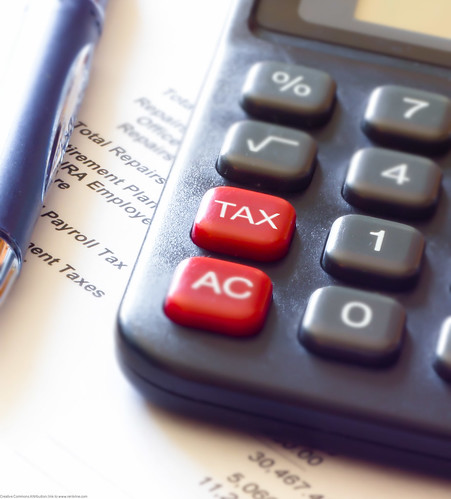If your financial situation deteriorates and you find yourself unable to make the repayments on your debts, it can be a stressful and daunting position to be in. You may worry about the risk of your possessions being seized to recover the debt or the thought of having bailiffs coming to your door. However, it’s important to know the facts about failure to make repayments. In reality, if you take proactive action as soon as you realise there’s a problem, it’s unlikely that your situation will become extreme enough to warrant seizure of belongings.

Generally once you have missed around three to six payments, you will receive a default notice from your creditor through the post. The letter will formally explain to you how many payments have been missed, the steps you need to take to put your account in order and the measures the creditor will take if you fail to do this. Some of these measures may include preventing access to your credit facility, selling your debt to a collection agency or repossessing items as part of your agreement. The latter two generally only happen in more serious circumstances.
At this stage, it’s wise to take the necessary steps as directed in your default notice as soon as possible. If for any reason you are unable to do this, get in contact with your creditor. The worst thing you can do is to ignore your creditor’s correspondence.
If you fail to acknowledge notices from your creditor, it’s likely that they will enlist the help of a debt collection agency to recover the debt so you may receive a letter from an agency such as Wescot, who would encourage you to pay your debt. If your creditor has sold your debt to the agency then you would owe the agency rather than your original creditor. At this point you are still able to negotiate repayment terms which work for you.
In extreme circumstances you may receive a visit from a bailiff who will recover items of value to cover your debt. However, this can only happen following a court order or if you have an unpaid council tax bill. It’s important to remember that a debt collector is not the same as a bailiff.
If you do find yourself missing payments, get in touch with your creditor as soon as possible. The sooner you address the issue the easier things will be in the long run.
 In most cases, the customer will leave an electronic trail. This can be through a variety of different ways such as depositing money into a bank account, paying income tax or even buying or selling a house. This can be extremely useful when trying to track down a customer.
In most cases, the customer will leave an electronic trail. This can be through a variety of different ways such as depositing money into a bank account, paying income tax or even buying or selling a house. This can be extremely useful when trying to track down a customer. Raising capital is one area that can deliver value directly to the balance sheet, but through disposal of risky assets, and non-profitable parts of the business instead of consumer debt. This particular issue has undergone a major period of change in the last 4 years. In arresting consumer lending so abruptly the market has been able to largely re-correct itself in this area, effectively allowing the risk to manage itself for a time, and giving the industry a temporary breather. Wescot Credit Services have seen that organisations can derive greater benefit by shifting assets in other areas.
Raising capital is one area that can deliver value directly to the balance sheet, but through disposal of risky assets, and non-profitable parts of the business instead of consumer debt. This particular issue has undergone a major period of change in the last 4 years. In arresting consumer lending so abruptly the market has been able to largely re-correct itself in this area, effectively allowing the risk to manage itself for a time, and giving the industry a temporary breather. Wescot Credit Services have seen that organisations can derive greater benefit by shifting assets in other areas.